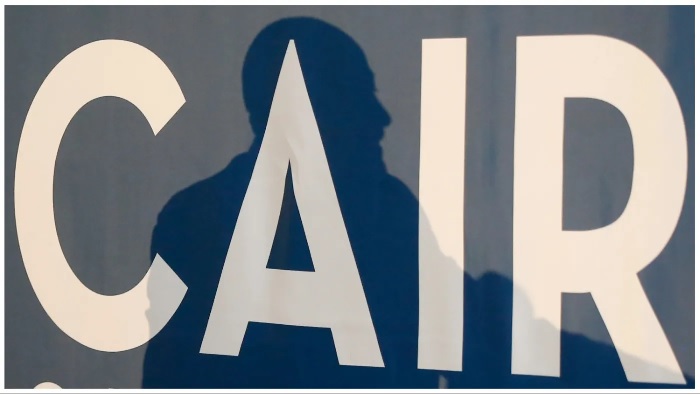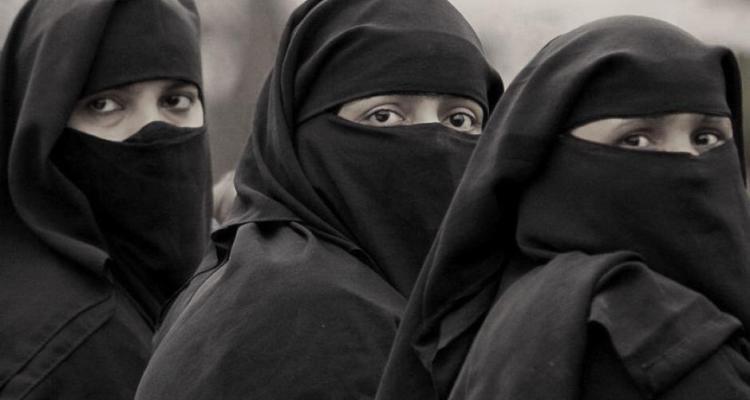Court ruling forces transparency as questions arise about CAIR’s practices and funding sources.
CAIR Faces a Major Legal Setback
The Council on American-Islamic Relations (CAIR) must reveal its funding sources after a defamation lawsuit exposed its practices. Lori Saroya, a former chapter leader, filed the lawsuit, accusing CAIR of defaming her and retaliating against employees. A federal court ruling now compels CAIR to disclose donor identities, including potential foreign contributors.
Saroya alleges that CAIR concealed foreign funding and retaliated against staff for raising ethical concerns. Her lawyer, Jeffrey Robbins, called the court’s decision a major victory for transparency.

Allegations of Foreign Funding
Saroya claims CAIR accepted foreign donations through the Washington Trust Foundation, raising questions about its financial integrity. The court deemed these allegations significant, allowing an in-depth investigation into CAIR’s funding.
CAIR has faced scrutiny over foreign ties before. A 2013 Department of Justice report linked CAIR to Hamas during the Holy Land Foundation trial. The report identified CAIR as an unindicted co-conspirator, though the organization denies these allegations.

Workplace Misconduct Claims
Saroya also accuses CAIR of workplace misconduct, including retaliation against employees who raised concerns about harassment and mismanagement. Robbins stated that the court ruling would uncover evidence of these practices.
The lawsuit suggests that CAIR misled donors and mismanaged funds, undermining its credibility as a nonprofit organization. Saroya is seeking $75,000 in damages and a retraction of a press release that she claims defamed her.
Implications for CAIR
This ruling could have far-reaching effects on CAIR’s operations and reputation. Federal courts may soon require CAIR to disclose secret donor identities. Such transparency is rare for nonprofits but necessary for accountability in this case.
The controversy also highlights past issues. In 2023, the White House severed ties with CAIR after co-founder Nihad Awad supported Hamas’ actions against Israel. These incidents raise questions about the organization’s integrity and its role in advocating for civil rights.
CAIR now faces significant challenges as its practices and funding sources come under intense scrutiny. The court’s decision signals a turning point, forcing transparency and accountability. Whether CAIR can overcome these allegations and maintain its standing as a civil rights organization remains uncertain.
Our Visitor






 Users Today : 17
Users Today : 17


